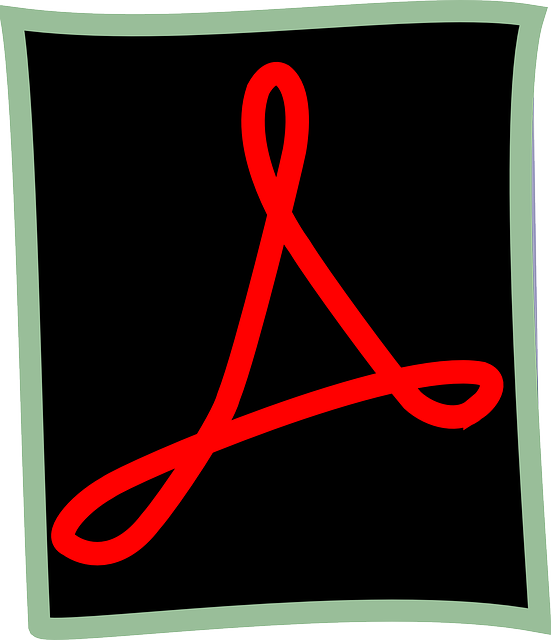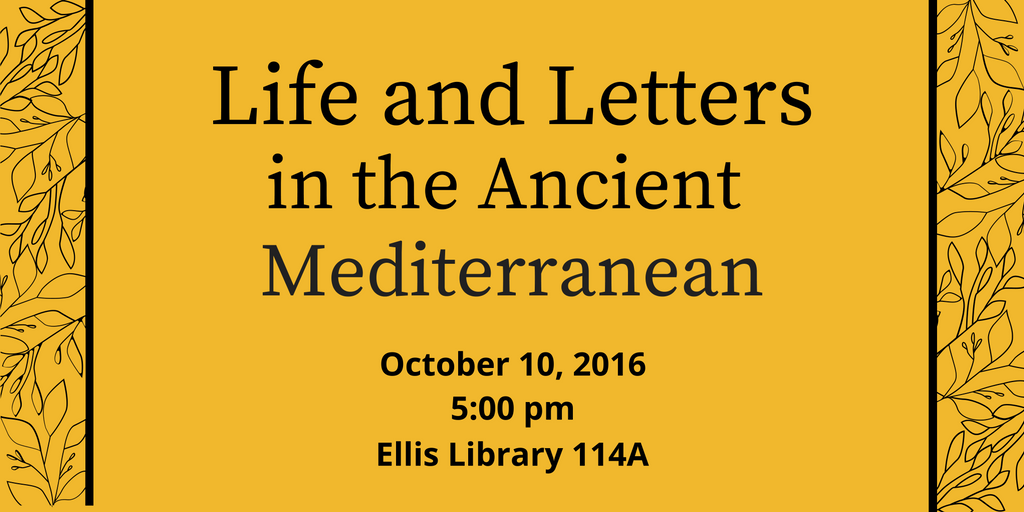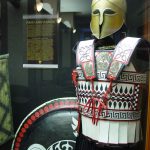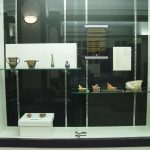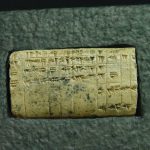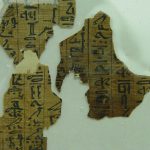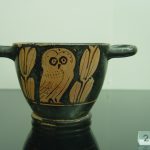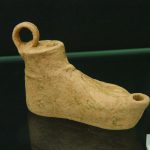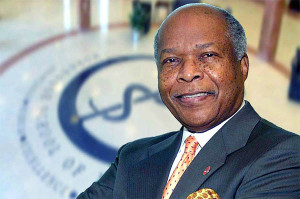Fourteen graduate students from academic institutions across the U.S. have been selected to receive funding assistance to attend a conference next month where they will take active steps toward preserving digital news.
Each student has received a travel scholarship to help cover expenses to attend the Dodging the Memory Hole: Saving Online News forum Oct. 13 and 14 at UCLA. Students will work side by side with journalists, technologists, librarians and other stakeholders to craft a national agenda for preserving born-digital journalism — content created on a computer or digital sensor.
The forum is an initiative of the Donald W. Reynolds Journalism Institute’s Journalism Digital News Archive with funding from RJI and an Institute of Museum and Library Services Award. Additional support is being provided by UCLA Library, University of Missouri Libraries and the Educopia Institute.
It’s important to make future journalists, archivists and technologists part of the solution now, says Edward McCain, digital curator of journalism at RJI and University of Missouri Libraries.
“It is critical we begin building awareness of the need to preserve born-digital news content today so that future generations will not suffer the looming ‘memory hole’ of lost journalistic reportage,” says McCain. “I’m delighted to have such talented individuals joining us as we work together to save online news.”
Attendees will hear from speakers from organizations including The New York Times, the Los Angeles Times and the Library of Congress. Pulitzer Prize-winning correspondent Peter Arnett will be a special guest speaker.
The scholarships are being funded by a Laura Bush 21st Century Librarian Program grant from IMLS. The funding assistance was available to graduate students in the U.S. studying library/information science, journalism, computer science and other related fields.
As part of being selected to receive a scholarship, each student has been asked to propose and complete a project that supports one of the conference goals. They will also pitch their project ideas to the assembly during the forum.
Meet the scholarship recipients
 Chris Allman of Charlotte, North Carolina, studies library and information science at the University of North Carolina at Greensboro. He wants to learn more about how the local news startup Charlotte Agenda is preserving its born-digital news content, and develop additional guidelines for how Charlotte Agenda staff can improve those efforts.
Chris Allman of Charlotte, North Carolina, studies library and information science at the University of North Carolina at Greensboro. He wants to learn more about how the local news startup Charlotte Agenda is preserving its born-digital news content, and develop additional guidelines for how Charlotte Agenda staff can improve those efforts.
 John Berlin of Suffolk, Virginia, is a computer science student at Old Dominion University in Norfolk, Virginia, where he works for the Web Science and Digital Libraries Research Group. His project goal is to improve the Web Archiving Integration Layer (WAIL) software system by adding a feature to enable users to specify criteria to track news or other content from media platforms such as Twitter. Once identified, this content could then be archived automatically.
John Berlin of Suffolk, Virginia, is a computer science student at Old Dominion University in Norfolk, Virginia, where he works for the Web Science and Digital Libraries Research Group. His project goal is to improve the Web Archiving Integration Layer (WAIL) software system by adding a feature to enable users to specify criteria to track news or other content from media platforms such as Twitter. Once identified, this content could then be archived automatically.
 Terry Britt of Sweetwater, Tennessee, is a doctoral candidate studying journalism at the University of Missouri in Columbia. He will write a research paper on the significance of efforts to assure the lifespan and accessibility of local online news content.
Terry Britt of Sweetwater, Tennessee, is a doctoral candidate studying journalism at the University of Missouri in Columbia. He will write a research paper on the significance of efforts to assure the lifespan and accessibility of local online news content.
 Itza Carbajal of New Orleans, Louisiana, is an information studies scholar at the University of Texas in Austin. She plans to conduct a research project that lists tools such as ArchiveReady.com that measure the ability for a website to be archived properly. She then plans to assess the web archiving readiness of a variety of online news providers.
Itza Carbajal of New Orleans, Louisiana, is an information studies scholar at the University of Texas in Austin. She plans to conduct a research project that lists tools such as ArchiveReady.com that measure the ability for a website to be archived properly. She then plans to assess the web archiving readiness of a variety of online news providers.
 Jiwon Choi of Osan, South Korea, is studying convergence journalism at the University of Missouri in Columbia. She plans to meet with international students from the University of Missouri to explore how to protect online media content and develop possible solutions.
Jiwon Choi of Osan, South Korea, is studying convergence journalism at the University of Missouri in Columbia. She plans to meet with international students from the University of Missouri to explore how to protect online media content and develop possible solutions.
 Alison Guillory of Belmont, Massachusetts, is a library and information science scholar at Wayne State University in Detroit. She wants to determine which technologies have successfully protected content from the memory hole and which haven’t by studying how news saved in a digital format have fared over a 20-year period. She plans to document what she learns in a timeline.
Alison Guillory of Belmont, Massachusetts, is a library and information science scholar at Wayne State University in Detroit. She wants to determine which technologies have successfully protected content from the memory hole and which haven’t by studying how news saved in a digital format have fared over a 20-year period. She plans to document what she learns in a timeline.
 Matt Hellman of Austin, Texas, is a journalism student at the University of Missouri in Columbia. His project involves a case study of how the Columbia Missourian photography staff is using open source software to provide access to and create a cloud-based long-term archive for digital content.
Matt Hellman of Austin, Texas, is a journalism student at the University of Missouri in Columbia. His project involves a case study of how the Columbia Missourian photography staff is using open source software to provide access to and create a cloud-based long-term archive for digital content.
 Shawn Jones of Virginia Beach, Virginia, is a computer science student at Old Dominion University in Norfolk, Virginia. His project will explore the potential relationship between social media sharing of news articles and how quickly those articles are identified by web crawlers as candidates for archiving.
Shawn Jones of Virginia Beach, Virginia, is a computer science student at Old Dominion University in Norfolk, Virginia. His project will explore the potential relationship between social media sharing of news articles and how quickly those articles are identified by web crawlers as candidates for archiving.
 Mat Kelly of LaBelle, Florida, is a doctoral candidate studying computer science at Old Dominion University in Norfolk, Virginia. His project addresses the need to provide individuals with ways to collect, archive and access news content they perceive as important. Kelly’s work is intended to supplement the large-scale collection work being done by institutions such as the Internet Archive and Library of Congress.
Mat Kelly of LaBelle, Florida, is a doctoral candidate studying computer science at Old Dominion University in Norfolk, Virginia. His project addresses the need to provide individuals with ways to collect, archive and access news content they perceive as important. Kelly’s work is intended to supplement the large-scale collection work being done by institutions such as the Internet Archive and Library of Congress.
 Eva Revear of Puyallup, Washington, studies journalism at New York University in New York. Her goal is to find a way to preserve data-driven news applications such as ProPublica’s Dollars for Docs. She is currently conducting a survey to collect data about news apps so she can devise ways to organize news app archiving systems. Her findings will be published as an academic paper.
Eva Revear of Puyallup, Washington, studies journalism at New York University in New York. Her goal is to find a way to preserve data-driven news applications such as ProPublica’s Dollars for Docs. She is currently conducting a survey to collect data about news apps so she can devise ways to organize news app archiving systems. Her findings will be published as an academic paper.
 Hanna Soltys of St. Louis studies library and information science at Simmons College in Boston. Her project examines questions surrounding how to create more complete preservation methods that accommodate the complexity of digital news platforms. She will also investigate why current archival practices are struggling to preserve online news content.
Hanna Soltys of St. Louis studies library and information science at Simmons College in Boston. Her project examines questions surrounding how to create more complete preservation methods that accommodate the complexity of digital news platforms. She will also investigate why current archival practices are struggling to preserve online news content.
 Carolina Vargas of Fort Lauderdale, Florida, studies journalism at the University of Missouri in Columbia. She wants to reach journalism students with messages that increase awareness of the problem of born-digital content loss and provide options for solving this problem.
Carolina Vargas of Fort Lauderdale, Florida, studies journalism at the University of Missouri in Columbia. She wants to reach journalism students with messages that increase awareness of the problem of born-digital content loss and provide options for solving this problem.
 Tamar Wilner of Dallas studies journalism through the University of Missouri’s online journalism master’s program. She seeks to address problems associated with inaccurate and outdated news content by exploring technology that supports online correction methods.
Tamar Wilner of Dallas studies journalism through the University of Missouri’s online journalism master’s program. She seeks to address problems associated with inaccurate and outdated news content by exploring technology that supports online correction methods.
 Elizabeth Zirk, of Palatine, Illinois, studies journalism at the University of Missouri in Columbia. She will help author and edit a white paper about the forum outcomes. This will include gathering details about the proposed national agenda for preserving born-digital news, projects proposed by working groups and reports summarizing panels and presentations from the event.
Elizabeth Zirk, of Palatine, Illinois, studies journalism at the University of Missouri in Columbia. She will help author and edit a white paper about the forum outcomes. This will include gathering details about the proposed national agenda for preserving born-digital news, projects proposed by working groups and reports summarizing panels and presentations from the event.
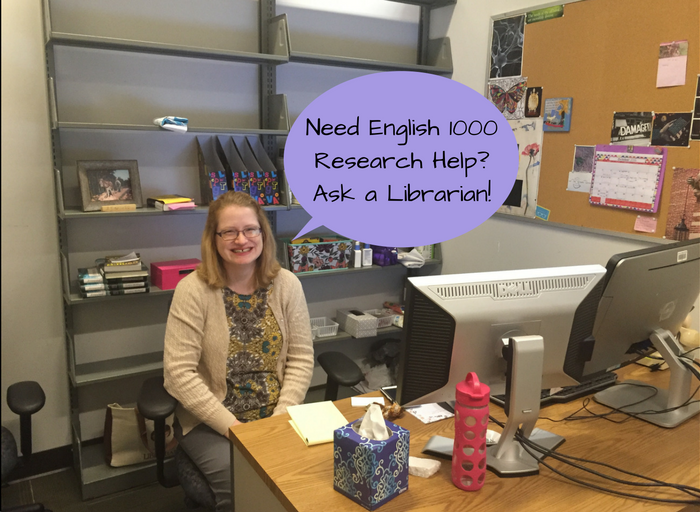
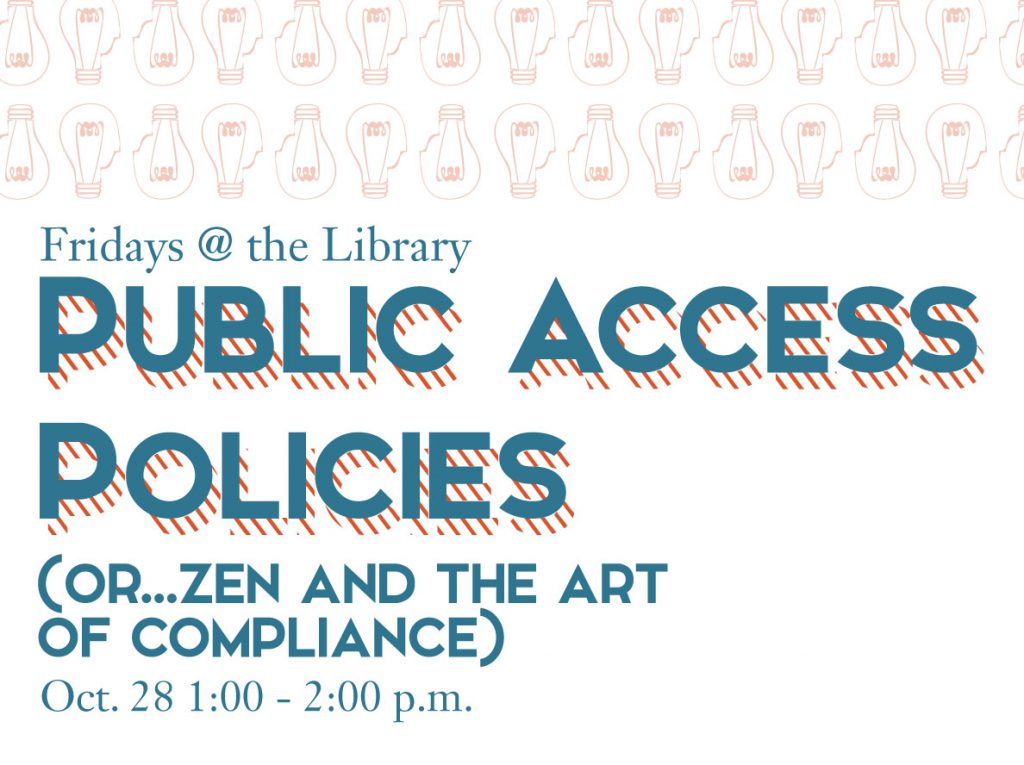
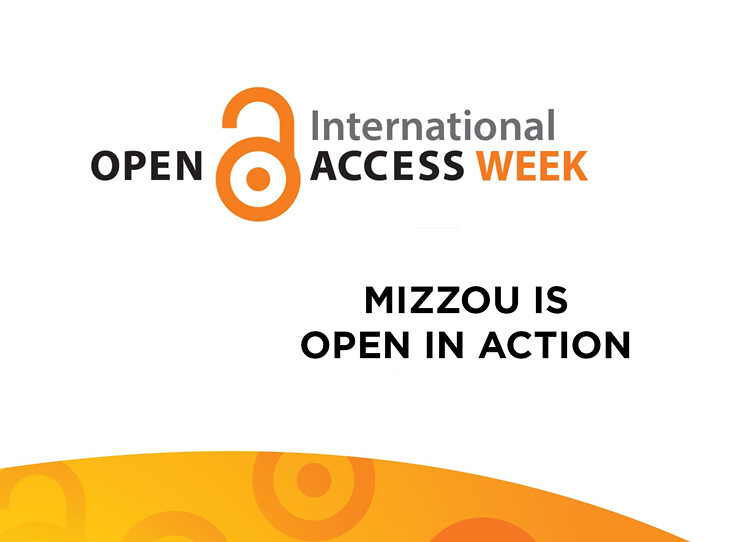

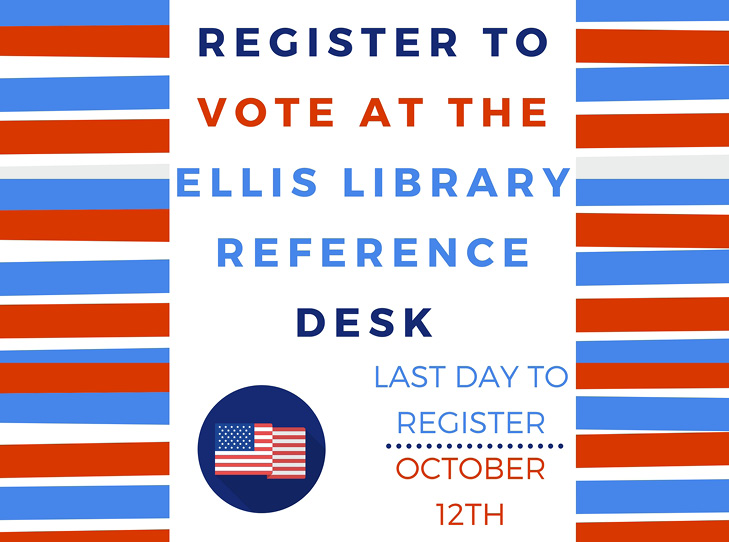
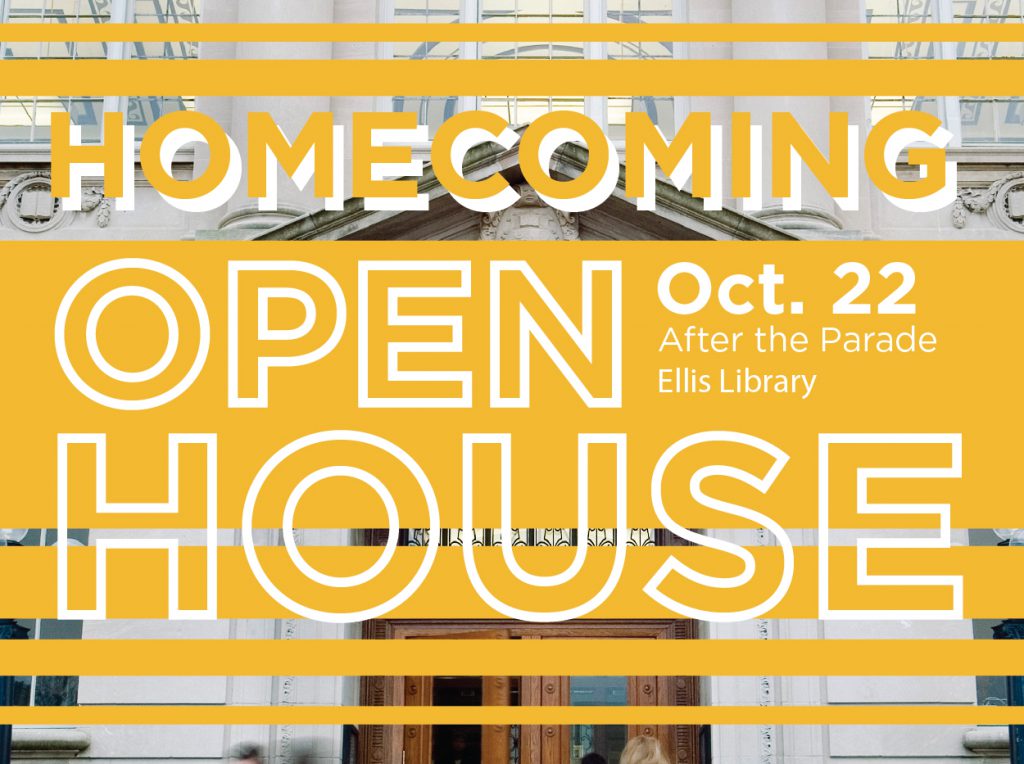
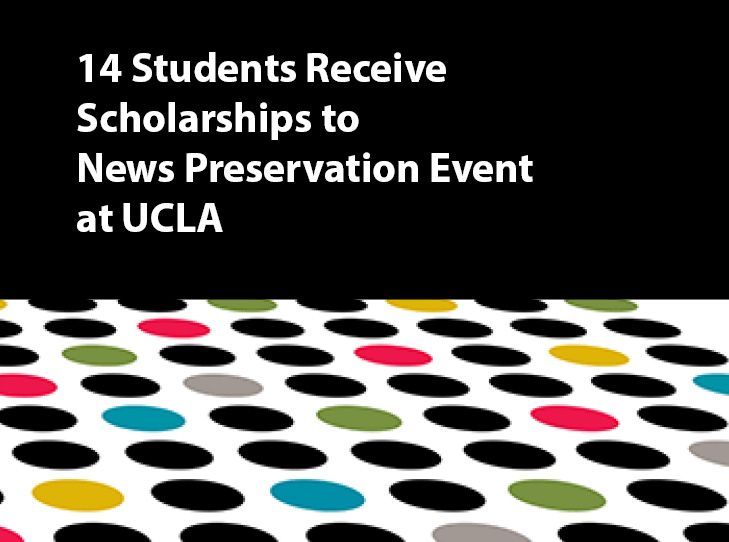
 Chris Allman of Charlotte, North Carolina, studies library and information science at the University of North Carolina at Greensboro. He wants to learn more about how the local news startup Charlotte Agenda is preserving its born-digital news content, and develop additional guidelines for how Charlotte Agenda staff can improve those efforts.
Chris Allman of Charlotte, North Carolina, studies library and information science at the University of North Carolina at Greensboro. He wants to learn more about how the local news startup Charlotte Agenda is preserving its born-digital news content, and develop additional guidelines for how Charlotte Agenda staff can improve those efforts.
 John Berlin of Suffolk, Virginia, is a computer science student at Old Dominion University in Norfolk, Virginia, where he works for the Web Science and Digital Libraries Research Group. His project goal is to improve the Web Archiving Integration Layer (WAIL) software system by adding a feature to enable users to specify criteria to track news or other content from media platforms such as Twitter. Once identified, this content could then be archived automatically.
John Berlin of Suffolk, Virginia, is a computer science student at Old Dominion University in Norfolk, Virginia, where he works for the Web Science and Digital Libraries Research Group. His project goal is to improve the Web Archiving Integration Layer (WAIL) software system by adding a feature to enable users to specify criteria to track news or other content from media platforms such as Twitter. Once identified, this content could then be archived automatically.
 Terry Britt of Sweetwater, Tennessee, is a doctoral candidate studying journalism at the University of Missouri in Columbia. He will write a research paper on the significance of efforts to assure the lifespan and accessibility of local online news content.
Terry Britt of Sweetwater, Tennessee, is a doctoral candidate studying journalism at the University of Missouri in Columbia. He will write a research paper on the significance of efforts to assure the lifespan and accessibility of local online news content.
 Itza Carbajal of New Orleans, Louisiana, is an information studies scholar at the University of Texas in Austin. She plans to conduct a research project that lists tools such as ArchiveReady.com that measure the ability for a website to be archived properly. She then plans to assess the web archiving readiness of a variety of online news providers.
Itza Carbajal of New Orleans, Louisiana, is an information studies scholar at the University of Texas in Austin. She plans to conduct a research project that lists tools such as ArchiveReady.com that measure the ability for a website to be archived properly. She then plans to assess the web archiving readiness of a variety of online news providers.
 Jiwon Choi of Osan, South Korea, is studying convergence journalism at the University of Missouri in Columbia. She plans to meet with international students from the University of Missouri to explore how to protect online media content and develop possible solutions.
Jiwon Choi of Osan, South Korea, is studying convergence journalism at the University of Missouri in Columbia. She plans to meet with international students from the University of Missouri to explore how to protect online media content and develop possible solutions.
 Alison Guillory of Belmont, Massachusetts, is a library and information science scholar at Wayne State University in Detroit. She wants to determine which technologies have successfully protected content from the memory hole and which haven’t by studying how news saved in a digital format have fared over a 20-year period. She plans to document what she learns in a timeline.
Alison Guillory of Belmont, Massachusetts, is a library and information science scholar at Wayne State University in Detroit. She wants to determine which technologies have successfully protected content from the memory hole and which haven’t by studying how news saved in a digital format have fared over a 20-year period. She plans to document what she learns in a timeline.
 Matt Hellman of Austin, Texas, is a journalism student at the University of Missouri in Columbia. His project involves a case study of how the Columbia Missourian photography staff is using open source software to provide access to and create a cloud-based long-term archive for digital content.
Matt Hellman of Austin, Texas, is a journalism student at the University of Missouri in Columbia. His project involves a case study of how the Columbia Missourian photography staff is using open source software to provide access to and create a cloud-based long-term archive for digital content.
 Shawn Jones of Virginia Beach, Virginia, is a computer science student at Old Dominion University in Norfolk, Virginia. His project will explore the potential relationship between social media sharing of news articles and how quickly those articles are identified by web crawlers as candidates for archiving.
Shawn Jones of Virginia Beach, Virginia, is a computer science student at Old Dominion University in Norfolk, Virginia. His project will explore the potential relationship between social media sharing of news articles and how quickly those articles are identified by web crawlers as candidates for archiving.
 Mat Kelly of LaBelle, Florida, is a doctoral candidate studying computer science at Old Dominion University in Norfolk, Virginia. His project addresses the need to provide individuals with ways to collect, archive and access news content they perceive as important. Kelly’s work is intended to supplement the large-scale collection work being done by institutions such as the Internet Archive and Library of Congress.
Mat Kelly of LaBelle, Florida, is a doctoral candidate studying computer science at Old Dominion University in Norfolk, Virginia. His project addresses the need to provide individuals with ways to collect, archive and access news content they perceive as important. Kelly’s work is intended to supplement the large-scale collection work being done by institutions such as the Internet Archive and Library of Congress.
 Eva Revear of Puyallup, Washington, studies journalism at New York University in New York. Her goal is to find a way to preserve data-driven news applications such as ProPublica’s
Eva Revear of Puyallup, Washington, studies journalism at New York University in New York. Her goal is to find a way to preserve data-driven news applications such as ProPublica’s  Hanna Soltys of St. Louis studies library and information science at Simmons College in Boston. Her project examines questions surrounding how to create more complete preservation methods that accommodate the complexity of digital news platforms. She will also investigate why current archival practices are struggling to preserve online news content.
Hanna Soltys of St. Louis studies library and information science at Simmons College in Boston. Her project examines questions surrounding how to create more complete preservation methods that accommodate the complexity of digital news platforms. She will also investigate why current archival practices are struggling to preserve online news content.
 Carolina Vargas of Fort Lauderdale, Florida, studies journalism at the University of Missouri in Columbia. She wants to reach journalism students with messages that increase awareness of the problem of born-digital content loss and provide options for solving this problem.
Carolina Vargas of Fort Lauderdale, Florida, studies journalism at the University of Missouri in Columbia. She wants to reach journalism students with messages that increase awareness of the problem of born-digital content loss and provide options for solving this problem.
 Tamar Wilner of Dallas studies journalism through the University of Missouri’s online journalism master’s program. She seeks to address problems associated with inaccurate and outdated news content by exploring technology that supports online correction methods.
Tamar Wilner of Dallas studies journalism through the University of Missouri’s online journalism master’s program. She seeks to address problems associated with inaccurate and outdated news content by exploring technology that supports online correction methods.
 Elizabeth Zirk, of Palatine, Illinois, studies journalism at the University of Missouri in Columbia. She will help author and edit a white paper about the forum outcomes. This will include gathering details about the proposed national agenda for preserving born-digital news, projects proposed by working groups and reports summarizing panels and presentations from the event.
Elizabeth Zirk, of Palatine, Illinois, studies journalism at the University of Missouri in Columbia. She will help author and edit a white paper about the forum outcomes. This will include gathering details about the proposed national agenda for preserving born-digital news, projects proposed by working groups and reports summarizing panels and presentations from the event.
